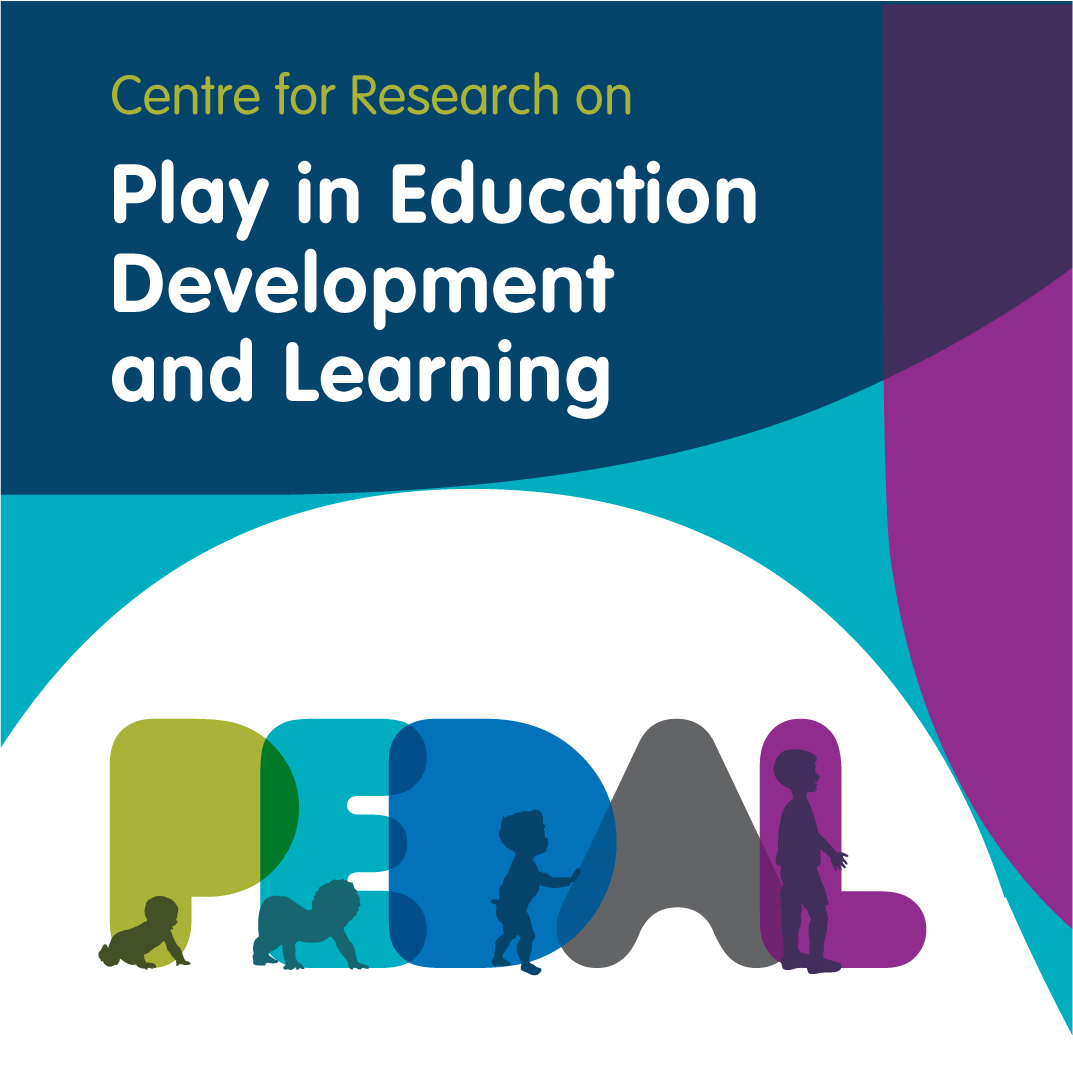Integrating Nutrition, Psychology and Neuroscience to Measure Infant Development in the UK & Gambia
Duration: 37 mins 45 secs
Share this media item:
Embed this media item:
Embed this media item:
About this item

| Description: | Talk by Dr Sarah Lloyd Fox, Birkbeck College, on infant brain imaging in The Gambia |
|---|
| Created: | 2017-10-09 13:09 | ||
|---|---|---|---|
| Collection: | PEDAL Centre | ||
| Publisher: | University of Cambridge | ||
| Copyright: | Dr Sarah Lloyd - Fox | ||
| Language: | eng (English) | ||
| Keywords: | fNIRS; Infant; Nutrition; Brain Development; Gambia; PEDAL; Sarah Lloyd - Fox; | ||
| Credits: |
|
||
| Abstract: | Human brain and nervous system development during the first 1000 days is critical. Risk of compromised development during this time can have a deep impact on physical growth and cognitive function into adulthood. Recent research has shown that under-nutrition in infancy is linked to lifelong effects on adult health, however we still have a poor understanding of how nutrition effects brain development during early life. Our ambitious objective is to chart brain development across different populations during this critical period. We aim to test longitudinally a total of 260 infants (60 in the UK and 200 in The Gambia) from birth to 2 years, with a battery of neurocognitive fNIRS, EEG, eyetracking and behavioural clinic and home assessments. This represents an unprecedented task in terms of (1) the amount of data collected; (2) training and coordination of on-site teams and standardisation of tasks; (3) setting up data quality control procedures to enable merging data sets across sites; (4) setting up effective data transfer protocols that safeguard the integrity of the data collected to the analysis centres and (5) integrating data analyses and statistical modelling across nutrition, psychology and neuroscience. |
|---|---|

